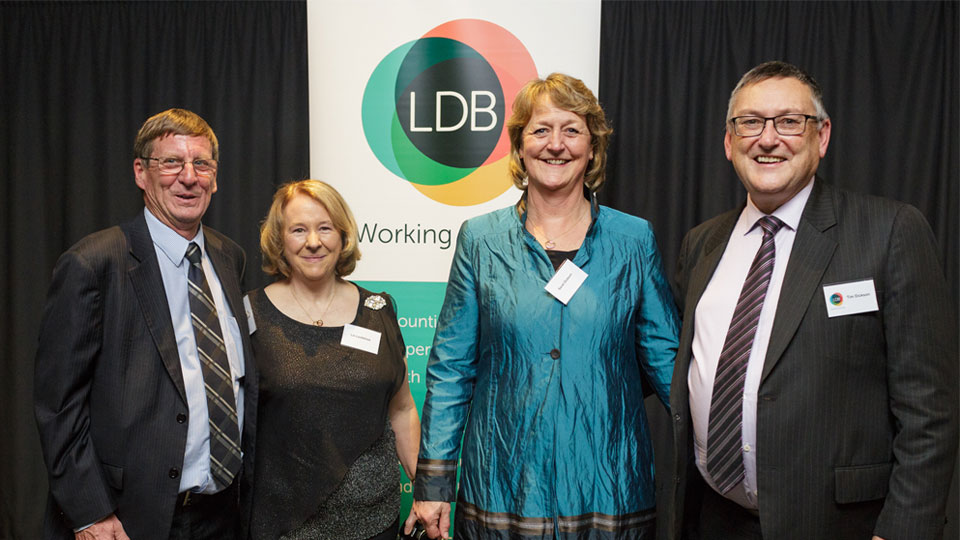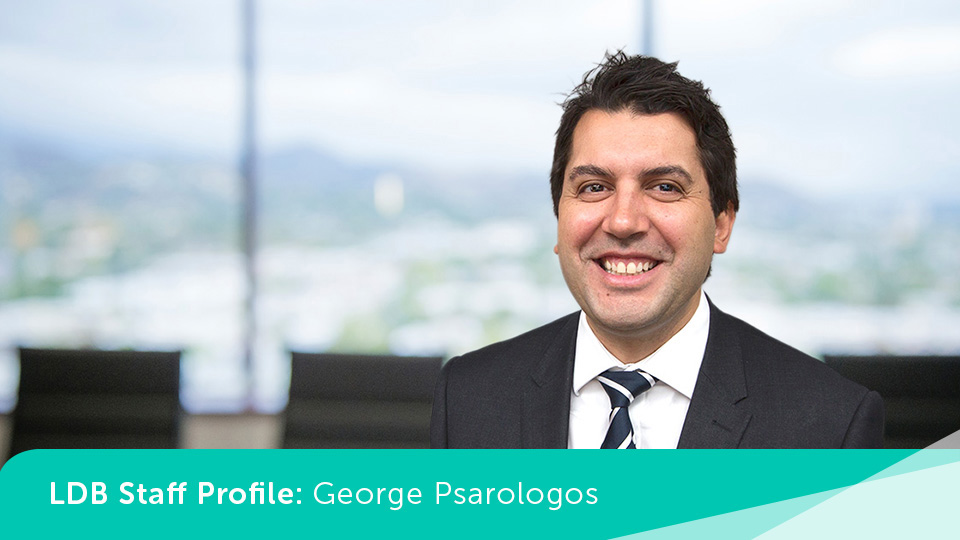September 11, 2024
Divorce and CGT rollover relief: How expert tax advice can really count

Navigating the end of a marriage or de facto relationship can be extremely challenging. On top of all the emotional and practical challenges, financial scenarios can become complex, especially when it comes to dividing assets, including property. It’s not just a case of who gets what, there can be tax implications, including with Capital Gains Tax (CGT), as assets change ownership as part of agreements between couples.
Sometimes, this aspect isn’t understood or considered by the individuals concerned or their family lawyers, which can lead to unexpected tax burdens.
Understanding CGT rollover relief
CGT rollover relief is an important provision for when spouses agree to transfer assets like real estate as part of their divorce settlement. For example, one spouse might take sole ownership of a jointly held investment property, where the other takes sole ownership of what was the jointly held marital home.
Under normal circumstances, disposing of an asset triggers a CGT event where the selling party (who has received market price for the sale) must pay tax on any capital gain. However, under marriage breakdown CGT rollover relief provisions, assets are often exchanged for no consideration, and there is no tax levied at the time of transfer of assets. This means that for the party disposing of an asset that they originally owned, there is no assessable gain or loss at the time of the transfer.
For the party receiving the asset, it’s important to understand they take on the original cost base and acquisition date of the asset.
This could lead to significant tax implications when they decide to sell the asset.
Example scenario: Property transfer in a divorce settlement
Consider Abdul and Miriam, who decide to divorce after 10 years of marriage. They agree that Abdul will transfer an investment property held in his name and valued at $1,000,000 to Miriam. Meanwhile, Abdul gains ownership of a jointly held bank account worth $900,000.
At first glance, this seems like a good deal for Miriam.
But let’s imagine that she soon needs liquid capital, and opts to sell the property. The sale goes well and settles for $1,050,000. Again, this seems like it’s a good outcome for Miriam.
However, when it was transferred into her name, Miriam took on the original cost base and acquisition date of the property, which Abdul originally had purchased for $400,000 many years ago. In that time, the property’s value had increased significantly. Because the transfer of the property was part of a divorce settlement, the marriage breakdown CGT rollover relief protects Abdul from any tax consequences. Miriam must now deal with a potential net capital gain due to inheriting the original cost base, assuming no other adjustments.
Assuming she has no current year or prior year capital losses, she is facing a net capital gain of $325,000.
How is this CGT on property calculated?Proceeds from sale: $1,050,000* = $650,000 Less 12-month rule 50% discount: $325,000** Total capital gain: $325,000 |
* To keep things simple, this example ignores transaction costs such as real estate agency commission, conveyancing costs, etc.
** Because Miriam is treated as if she owned the property from when Abdul purchased it, she is deemed to have owned the property for longer than 12 months, and qualifies for a 50% discount on the capital gain.
Would Miriam have been willing to take the property as part of the property split and relinquish her interest in the joint bank account to Abdul, if she had been made aware that she was effectively inheriting a net capital gain of $325,000?
This net capital gain of $325,000 will be included in Miriam’s taxable income and will be taxed at normal marginal rates for individual taxpayers. In this case, it sounded as if the CGT rollover relief protected the couple from losing money to tax in the transfer of assets as part of their divorce settlement. But in effect it just shifted a future tax burden on to Miriam.
The value of professional advice from qualified tax accountants
For people going through a divorce, there are enough challenges and uncertainties. That’s why it’s vital to lean on professional support from qualified tax accountants to help with understanding the full tax implications of any asset transfer agreement. While family lawyers will know the letter of the law, they do not always have the expertise and experience to advise on complex financial and tax matters, especially when the implications of a settlement will occur long after the divorce is finalised.
Key points about the CGT rollover relief for the breakdown of a marriage or de facto relationship:
- The CGT rollover relief can only apply once certain criteria have been satisfied.
- The rollover relief can impact both the spouse transferring an asset, and the spouse receiving the asset.
- Where the relevant criteria have been satisfied, there is no ability to elect to not apply the rollover relief, even though, in some instances, parties might prefer for the rollover relief not to apply.
- Spouses receiving assets as part of property settlements should seek advice as to the potential tax liability they are effectively inheriting, which will be triggered when they come to sell the asset that has been transferred to them.
- Voluntary agreements entered into in good faith that are not correctly documented, may not necessarily gain access to the rollover relief. Hence the need to ensure that legal advice is obtained.
Working together for the best financial outcomes
At LDB, we collaborate closely with family Lawyers to provide comprehensive tax advice tailored to the intricacies of divorce settlements or the end of a de facto relationship.
Whether it’s understanding the impacts of CGT rollover relief, exploring tax-efficient strategies for asset division, or restructuring family businesses post-divorce, our team of strategic tax accountants and business tax accountants is here to guide you. Here are just a few examples of where our expertise and experience can help during these difficult times:
- How divorce impacts the main residence exemption
- Restructuring of a family operated business after a divorce
- Superannuation splits arising from a divorce
- Binding Death Benefit Nominations
- Child maintenance trusts
- Distributions from a discretionary trust after a divorce
- Asset protection matters before entering into a new marriage or de facto relationship.
Professional advice with personal care and dedicated service
If you’re facing a divorce or the end of a de facto relationship and are concerned about the potential tax impacts of your settlement, don’t hesitate to reach out to LDB for expert advice. We are committed to helping clients navigate the complexity of the tax environment, including CGT events, and ensuring your financial interests are protected during, and after, any settlement.
LDB is Melbourne’s premier suburban accounting and tax consultancy firm, with expertise in property, investments, business and personal wealth, family office and more. We ensure that every client receives personalised service tailored to their unique situation, especially when it comes to the complexities of divorce and investments.
Call the team today at (03) 9875 2900 to discuss how we can assist you in managing the tax implications of a divorce or any other financial concerns.





